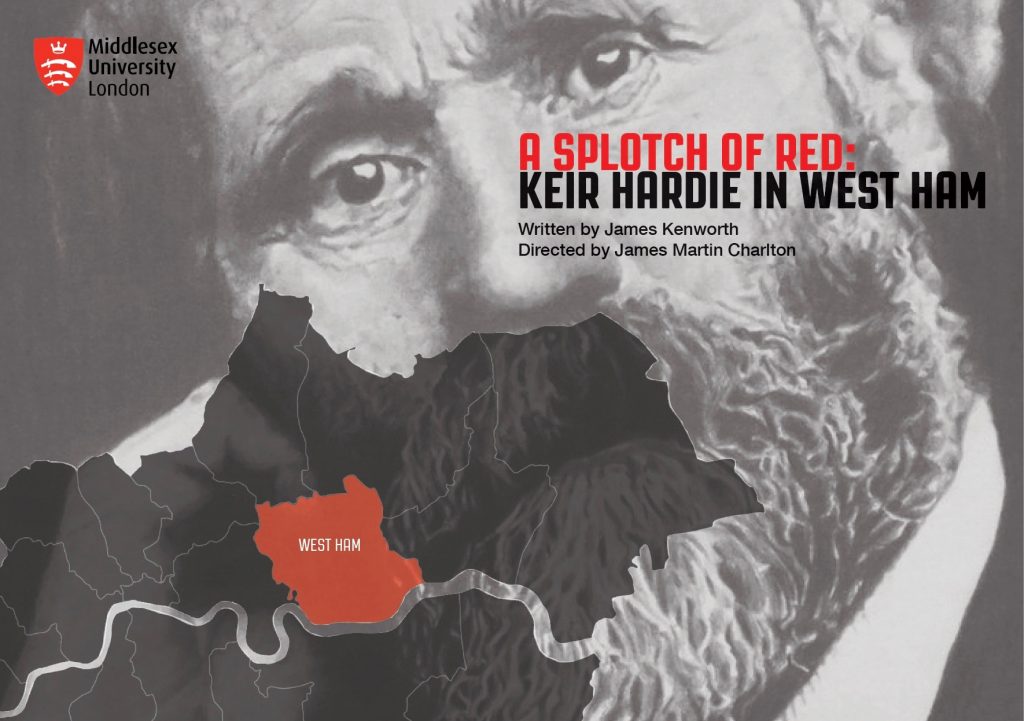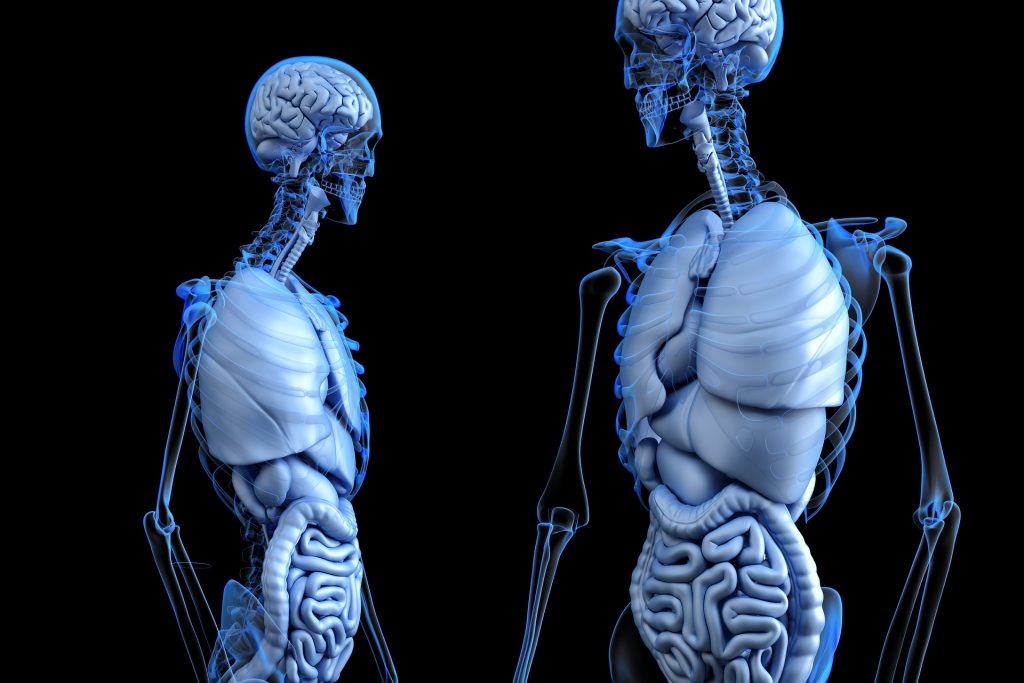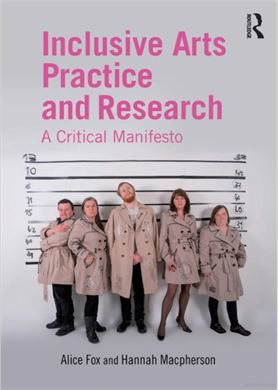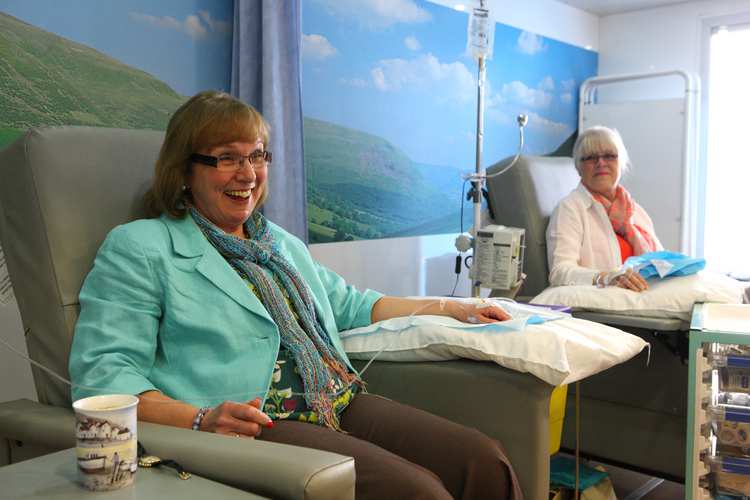Developing the next generation of researchers
Read a selection of 22 case studies from researchers across the UK who are members of our Doctoral Training Alliance. Download the report now The Doctoral Training Alliance (DTA) was founded by UA to provide doctoral researchers with an understanding of the range of careers open to them within and beyond academia, and help them develop skills to access those careers. The goal of the DTA is to develop the next generation of independent, highly-emp…










